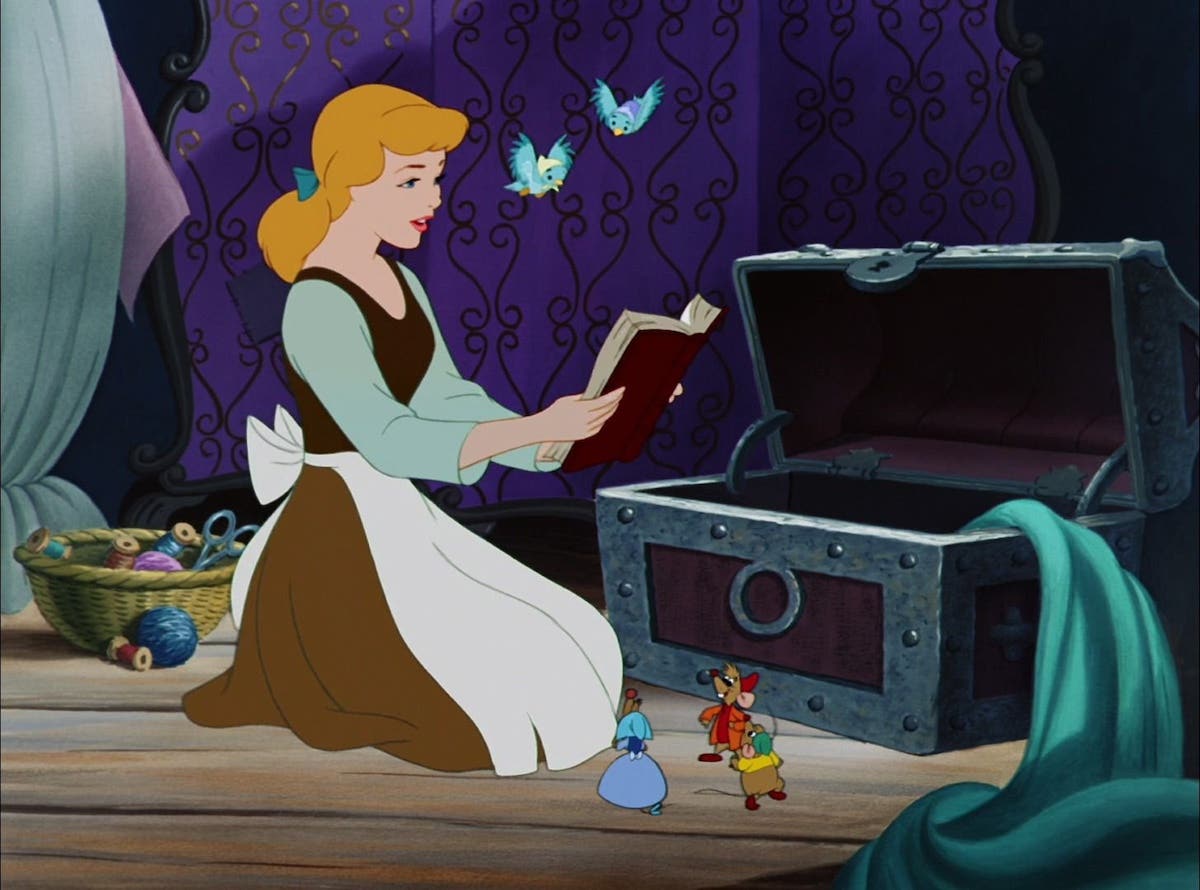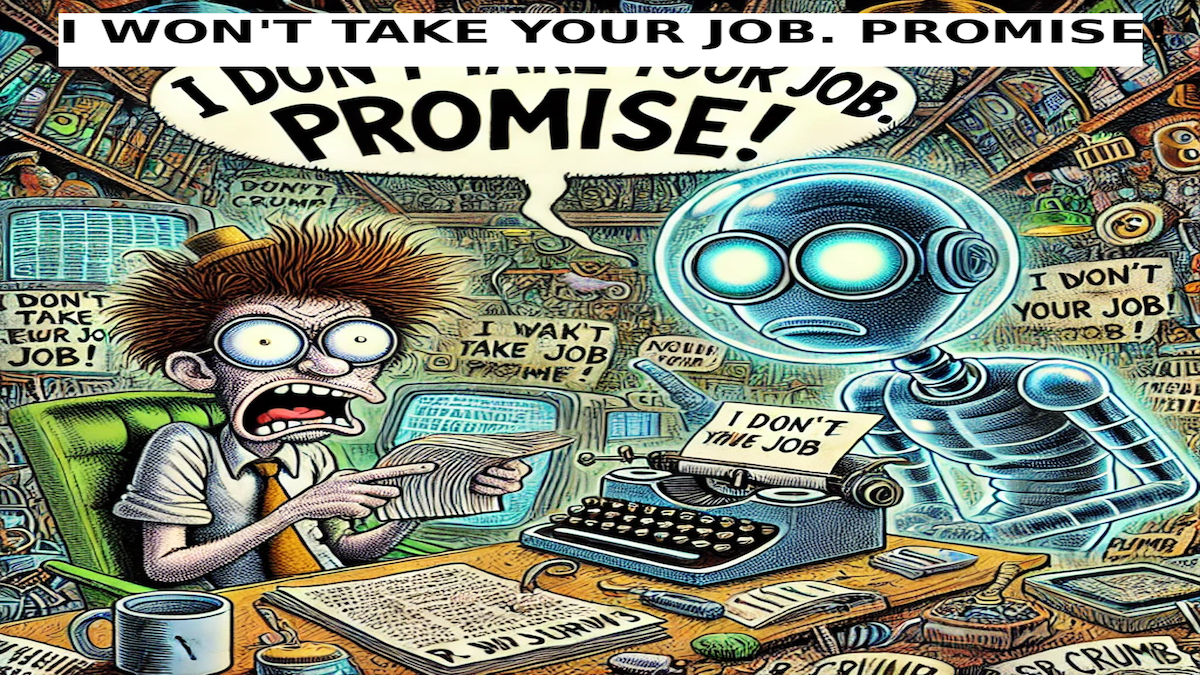Improvising Screenplays: Writing Great Movie Loglines Using the Improv Concept of ‘Game’
In Improvising Screenplays, improvisational actor Brett Wean shares how the concepts of improvisation can be applied to the work — and play — of writing your script. Click to tweet…
In Improvising Screenplays, improvisational actor Brett Wean shares how the concepts of improvisation can be applied to the work — and play — of writing your script.
In my last column, I introduced the concept of “game,” used by improvisational actors to provide structure to a scene. Game enables improvisers to hone in on a scene’s central comedic concept, heighten it, and explore its consequences to greatest effect. Demonstrating how the same technique can be used when writing for film, I hopefully inspired you to start looking for game in comedic, and even dramatic, movie scenes.
Game is a useful lens for screenwriters to consider when analyzing their scenes, hoping to provide a sharper focus, higher stakes, and increased sense of pace. But game isn’t just an eye-opening technique for developing and improving individual scenes; it’s also a remarkably effective method for defining your script as a whole.
Ask yourself this: What is the central game of your movie?
First, a quick recap. Game is simply a means of establishing a consistent pattern, generally emanating from the first “unusual thing” in your scene. It could be an unexpected “high concept” or character choice -- John Belushi’s classic SNL Samurai Delicatessen sketches were based around the simple idea of a deli guy...who happens to be a samurai. You can look at game as a “what if?” How would the simple task of ordering of a sandwich be affected by a samurai taking your order? The Coneheads sketches -- to use another SNL example -- were essentially straightforward scenes exploring family dynamic...with the one “unusual” element of the family being aliens in disguise.
Improvisers -- and writers -- often use game concept to turn one tiny moment into an unexpected, heightened pattern of silliness. Think of that scene from The Jerk in which Steve Martin breaks up with Bernadette Peters.
It’s a serious, heartfelt breakup scene played totally straight: “Well I’m going to go, then,” he states. “And I don't need any of this. I don't need this stuff!” he exclaims in a burst of anger, slapping a bunch of papers and envelopes off his desk. “And I don’t need you.”
This is all played as very real and dramatic.
“I don’t need anything,” he goes on to say. “Except this.” He picks up a stapler.
Of course, Martin then goes on to hilariously keep realizing there are simple inanimate objects he’d like to take with him as he angrily leaves the room.
If an improviser had the concept of game in mind, this moment could well have played out, improvised on stage, without any preconceived idea of where it was heading. The actor would have been playing the moment as “real” as possible, from the height of his intelligence, not knowing where the comedy or focus would eventually reveal itself. He would “go to his environment,” as improvisers like to say, imagining a messy desk, and find himself saying, “I don’t need any of this!”
What does he imagine, then, on the desk? A stapler. A thought tickles the back of his mind. “Actually,” he finds himself thinking, “I could probably use a stapler.”
And that’s the unusual thing, he realizes. All that’s left is to repeat and heighten, continuing to play the scene sincerely, while finding more and more mundane objects to take with him, his hands and arms increasingly full of junk as he makes his way out the door.
(Not to take anything away from the genius of Steve Martin; but that’s how many comedic scenes are improvised, right on the spot, by good players.)
Rather than coming up with “funny lines” and “jokes,” we as comedy writers are most effective when letting humor emanate from a place of emotional truth, and then establishing pattern.
But game isn’t only applicable to comedy scenes. The game, or unusual thing the pattern is based off of, can be as simple as an emotional reaction or desire.
Game can be a character’s hidden emotional perspective, the main filter through which she hears and responds to everything. Think of the Dinner Party scene in Noah Baumbach’s Frances Ha. Everyone else has his or her life figured out. They all have money. They are all mutual friends of Frances’s best friend (the central relationship of the movie), with whom she has recently had a falling out. Sitting there, unsure of where her own life is headed, Frances is surrounded by coldly polite strangers speaking of their Parisian pied-à-terres and so forth. Frances uncomfortably tries to keep up, but instead goes off on weird tangents...because she simply can’t relate.
Once we’ve seen a round or two of this, each moment slightly heightened, it is increasingly revealed that these other people currently know more about her best friend than Frances does. She’s out of the loop. She’s increasingly uncomfortable. She pours herself some more wine. The scene is dramatic and heartbreaking -- and maybe a bit tensely funny -- all at once.
This isn’t a loose scene of random dialogue, an arbitrary slice of life. It is built up, brick by brick, around a simple game: Frances is out of her element, out of the loop; she wants what everyone else has, in increasingly higher stakes. (Material comfort, information, emotional connection.)
Is everything in your scene arising out of a clear, central focus? Is it expanding and heightening, bit by bit, to the end?
Now that you understand how to examine -- and refine -- your scenes in terms of game pattern, how can game be applied to films as a whole?
Think in terms of your logline.
Most loglines are essentially a description of some baseline reality...with one unusual thing sitting atop it like a cherry.
In a scene, you’ll have several “beats” -- jokes, if it’s a comedy; moments of evolving emotional reality if it’s a drama -- based around the premise. If you see the entire film as a game, it can help you generate scene ideas, and even help you determine the structure, by asking, “If that’s true, what else is true?” and then consistently heightening the answers and unveiling the consequences.
The possibilities of your film’s game -- comedic or dramatic -- should all be apparent from the logline.
Let’s take one silly -- and one serious -- example.
A man is brainwashed in a Manchurian Candidate-like attempt to have him kill the prime minister of Indonesia. The unusual thing? He’s an extraordinarily stupid male supermodel (Zoolander).
A military team is sent on a mission to destroy a villa filled with Nazi officers. The unusual thing? The team is made up of violent convicts who will gain pardons if they complete the mission (The Dirty Dozen).
In each of these examples, the baseline reality should indicate a familiar, basic story template. The unusual thing is the element that gives your movie focus: a high-concept, character, or emotion-based, angle.
How does your current logline stack up? Could you refine and improve it by considering it in respect to its game? Remember: Ordinary People isn’t just a story of a teenager experiencing adolescence. It’s about Timothy Hutton’s character coming to terms with the death of his brother. Your film doesn’t have to be high concept or comedic to analyze and focus in terms of game. It does need to have a laser-like focus on the one main “unusual” or “interesting” thing.
Game can help you ensure that the main point of your script “pops” in your logline, and is immediately apparent. Anyone reading it should instantly be able to visualize what the movie will be. Not the specifics, necessarily: but what new and intriguing pattern will play out through the basic template of your story.
In future articles, I will examine how once you’ve nailed down a precise logline, you can consider your idea in terms of game to help you outline, and map out how to heighten your central concept from one act to the next act, keeping your audience increasingly engaged all the way through to the end of your script.
For now, take a look at already existing loglines, and see if you can understand them in terms of game. Write game-based loglines off of movies you’ve already seen. Finally, consider your own project’s logline in terms of game and pattern...and see if you can strengthen your central premise to make it pop.
Have any questions about improv, and how it relates to writing for the screen? Feel free to post comments below or send questions via Twitter (@brettwean). They’ll be considered for a future installment.
- More Improvising Screenplays by Brett Wean
- Visual Mindscape: The Kinetic Logline
- Loglines: The First Essential Step to Defining and Elevating Your Story
- Is Your Idea Good Enough?
- Loglines and You: How to Get Your Screenplay Read by Strangers in the Industry
At a Glance
- Discover the tools that you need to break into the marketplace and sell your work.
- Learn how to write a successful treatment & the differences between a one-page synopsis, treatment, and coverage.
- Find out how to use social media, picture books or sizzle reels to market your work.
Get more tips in our FREE Download Querying Screenwriting Executives 101
Brett Wean is a writer and actor who has studied improvisation at New York City’s acclaimed Upright Citizens Brigade and People’s Improv Theater (The PIT), where he has taught improv as well as performing on several house teams and studying both sketch and screenwriting. He has appeared on television in various commercials, including New York Lottery’s “Little Bit o’ Luck” campaign, and most recently on MTV's Weird Vibes, and in the feature film Breakup at a Wedding, produced by Zachary Quinto’s Before the Door Pictures. Follow Brett on Twitter @brettwean



![The Era of the Multi-Hyphenate: An Interview With Writer and Filmmaker Mario O. Moreno [SERIES]](https://scriptmag.com/uploads/MjEzMTEyNzA4NjQ2NTc3NjE1/the-era-of-the-multi-hyphenate-series-script-hero.png?format=auto&optimize=high&width=1440)



